McColl’s has recorded a decline in profits as the pandemic altered its shoppers’ spending habits.
McColl’s gross profit dropped 4.7% to £301m in the 53 weeks to November 29, which the retailer attributed to “a move away from impulse purchases to lower-margin take-home products as well as multibuys and value items”.
The convenience chain said its product mix had changed due to the demands of customers amid the coronavirus pandemic, leading to a 2% reduction in gross margin to 24%.
Total like-for-like sales, however, rose by 12% for the same period, driven by strong sales of alcohol, fresh food and tobacco.
Revenues were up 3.2% to £1.26bn, reflecting strong demand for convenience, but offset by McColl’s divestments and store-restructuring programme.
As part of this, McColl’s has extended its wholesale partnership with Morrisons for three more years to 2027, while it plans to convert 300 of its stores to the Morrisons Daily format over the same three-year period.
The retailer is targeting a store estate of 1,150 stores, down from 1,265 – during the year McColl’s closed 179 stores and converted 21 to the Morrisons Daily format.
McColl’s also said it expects its sales mix to balance out to pre-pandemic levels as lockdown restrictions ease, restoring its gross margin.
McColl’s chief executive Jonathan Miller said: “Over the last 12 months we have seen strong like-for-like sales growth, driven by the positioning of our stores in key neighbourhood locations and our strong customer offer.
“Despite the operational challenges of the pandemic, we have made good progress on our customer-focused strategic change programme.
“We recently reached a key strategic milestone, announcing a new supply deal with Morrisons, ensuring the continued supply of supermarket quality food across our entire estate for the next six years, supported by a bank facility extension.
“I am delighted with the opportunity this brings to convert 300 stores to the successful Morrisons Daily format over the next three years. These stores will be particularly well suited to the changing customer dynamics that are resulting from the pandemic.
“Looking ahead to 2021, whilst uncertainties and restrictions remain, there is no doubt that the strategic importance of neighbourhood stores has never been greater, and we are well positioned to deliver for customers and shareholders, as we continue to enhance our convenience offer.”




















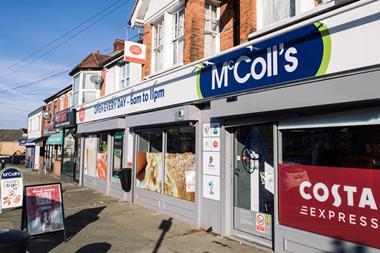

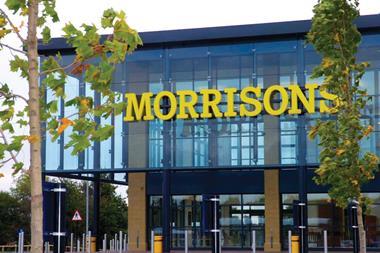
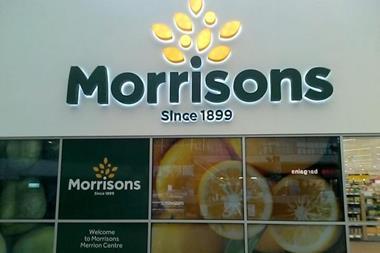
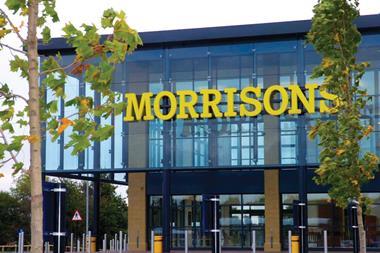
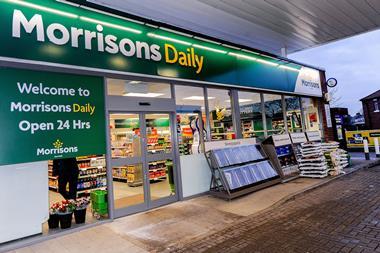
No comments yet